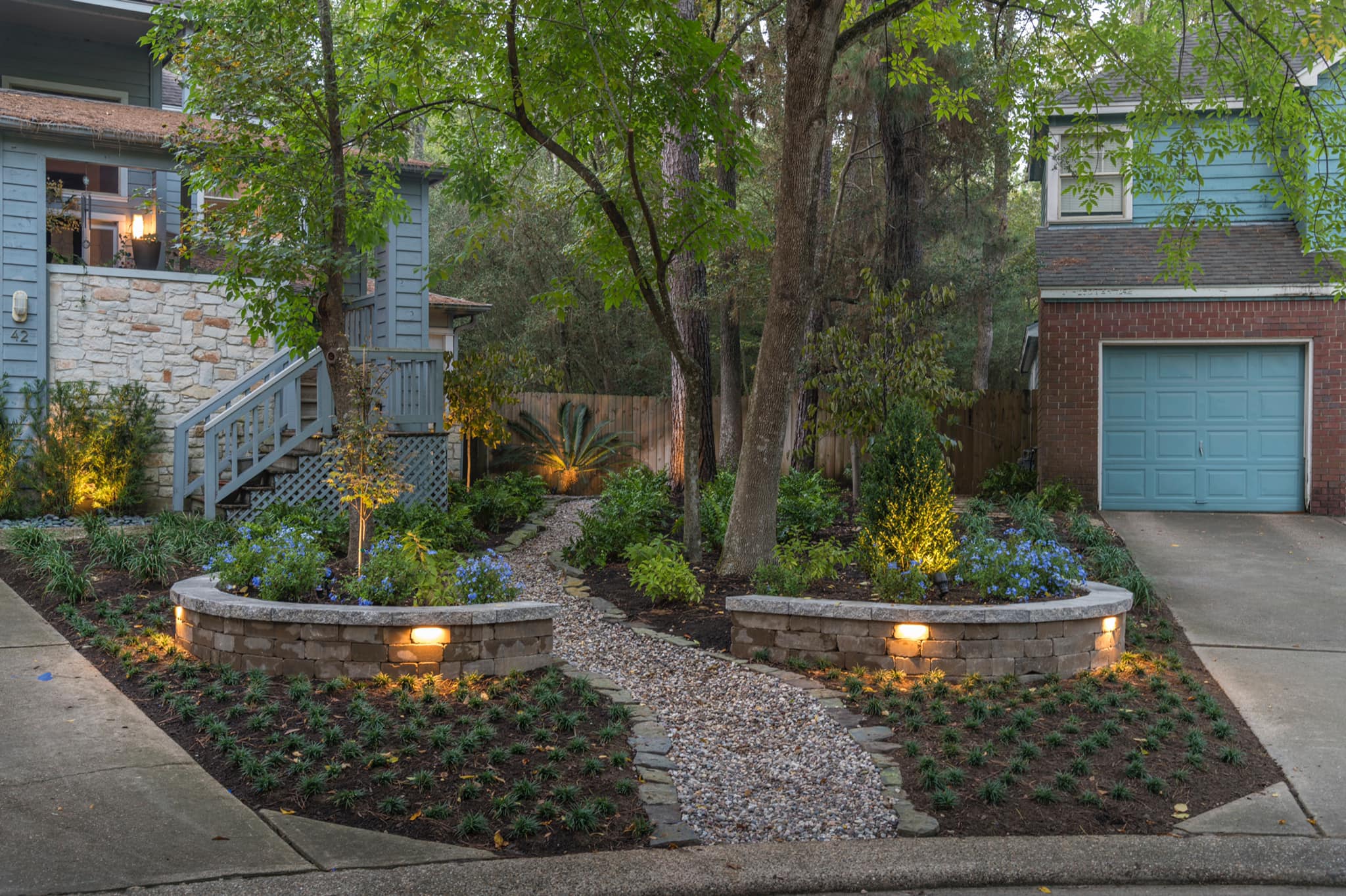
Sustainable Landscaping: Eco-Friendly Practices for a Greener Tomorrow Aug 13, 2025
Understanding sustainable landscaping begins with the concept of conservation. This involves mindful design practices, such as choosing plants native to your area, which naturally require less water and maintenance. Native plants have adapted to local climate conditions, making them more resilient to local pests and diseases, which reduces the need for chemical pesticides and fertilizers. As a result, native planting is not just a green choice but a smart, cost-effective one.
Water conservation plays a crucial role in sustainable landscaping. Traditional lawns and gardens often consume significant amounts of water, especially during peak summer months. By installing efficient irrigation systems, like drip irrigation, you can deliver water directly to the roots of your plants, minimizing evaporation and waste. Additionally, incorporating rain barrels and rain gardens can help capture and utilize natural rainfall, further reducing your reliance on municipal resources.
Composting is another sustainable practice that deserves attention. By recycling organic waste such as grass clippings, leaves, and kitchen scraps, you can create nutrient-rich soil amendments at home. This process not only reduces landfill waste but also enhances soil health without resorting to synthetic fertilizers. Healthy soil is the foundation of vibrant plant life and plays a critical role in carbon sequestration, a natural method to combat climate change.
When it comes to landscape design, consider incorporating hardscaping elements that prioritize sustainability. Permeable paving solutions like gravel, permeable pavers, and wood chips allow rainwater to seep into the ground rather than running off into storm drains. This reduces erosion and helps replenish local groundwater supplies. Furthermore, sustainably sourced materials such as reclaimed wood or recycled metal can reduce your garden's carbon footprint while adding unique aesthetic elements.
Trees and shrubs are powerful allies in sustainable landscaping. They not only enhance the visual appeal of your space but also provide essential ecosystem services. Strategically planting shade trees can reduce energy consumption by naturally cooling your home in the summer and acting as a windbreak during colder months. Moreover, trees absorb carbon dioxide, improving air quality and contributing to the fight against global warming.
Lastly, maintaining your garden with sustainable practices is paramount. Use electric or battery-powered tools instead of gas-powered ones to reduce emissions and noise pollution. Regularly mulch around plants to retain moisture, suppress weeds, and provide nutrients as the mulch breaks down. Practicing integrated pest management focuses on natural pest control techniques, reducing the need for harmful chemicals that can leach into groundwater.
Embracing sustainable landscaping with Atlas Land Design means crafting an environmentally responsible outdoor space. It involves making conscious choices that prioritize long-term ecological health over short-term gains. By adopting these eco-friendly practices, you’re creating a garden that not only flourishes with life today but also contributes to a healthier planet for future generations. As homeowners continue to discover the ample benefits of sustainable landscaping, the movement toward environmentally conscious outdoor design will only grow stronger, planting the seeds for a truly green tomorrow.